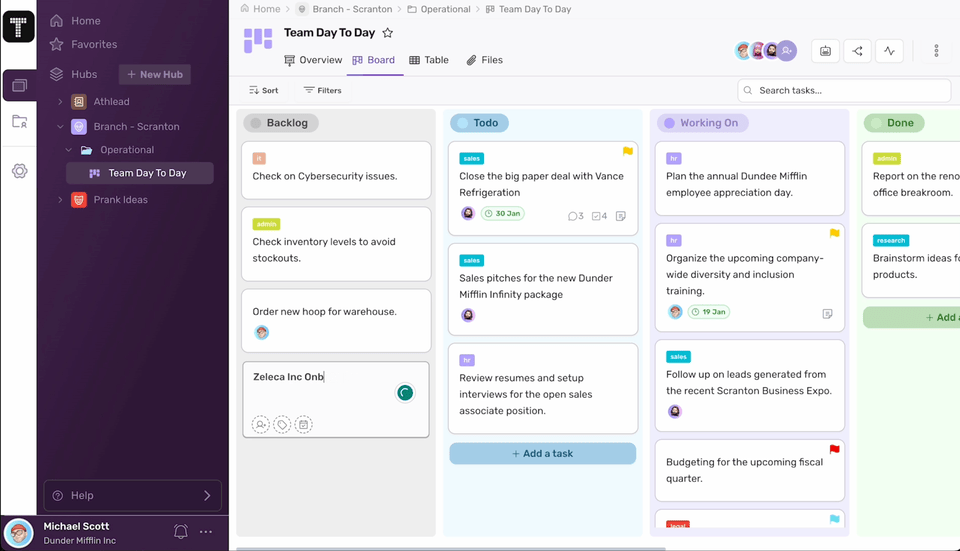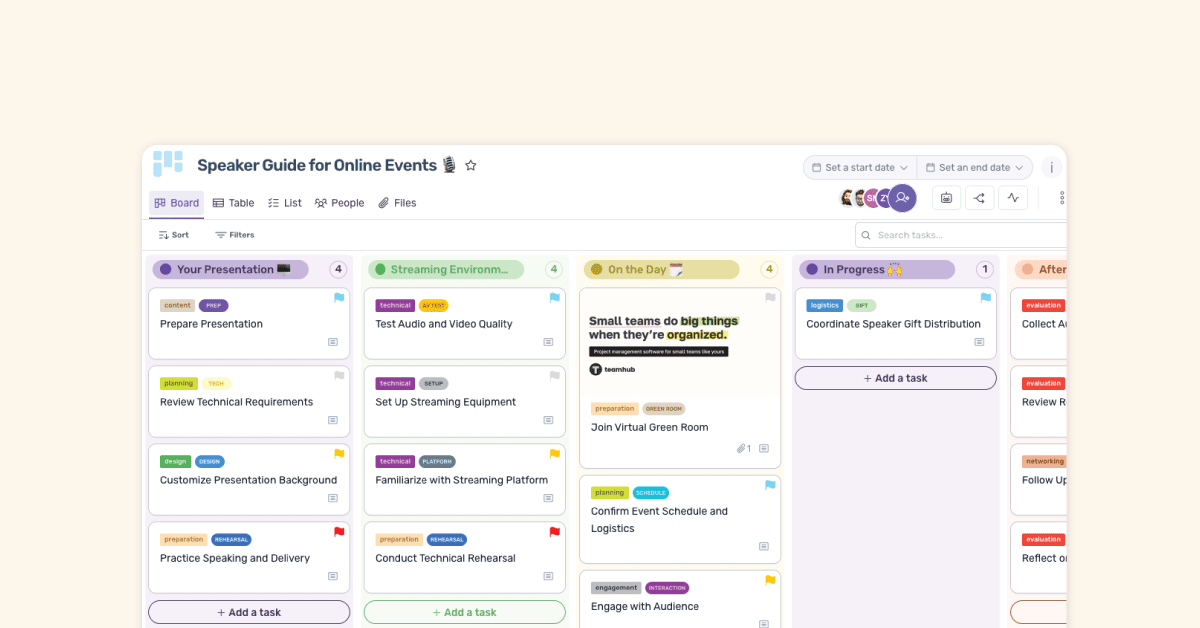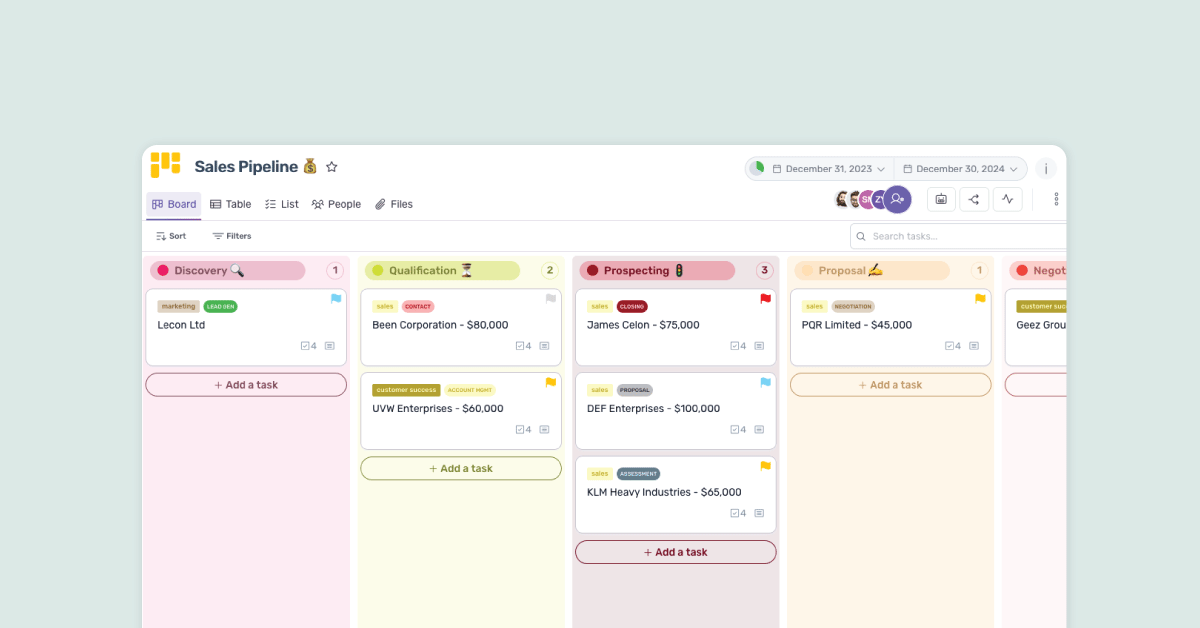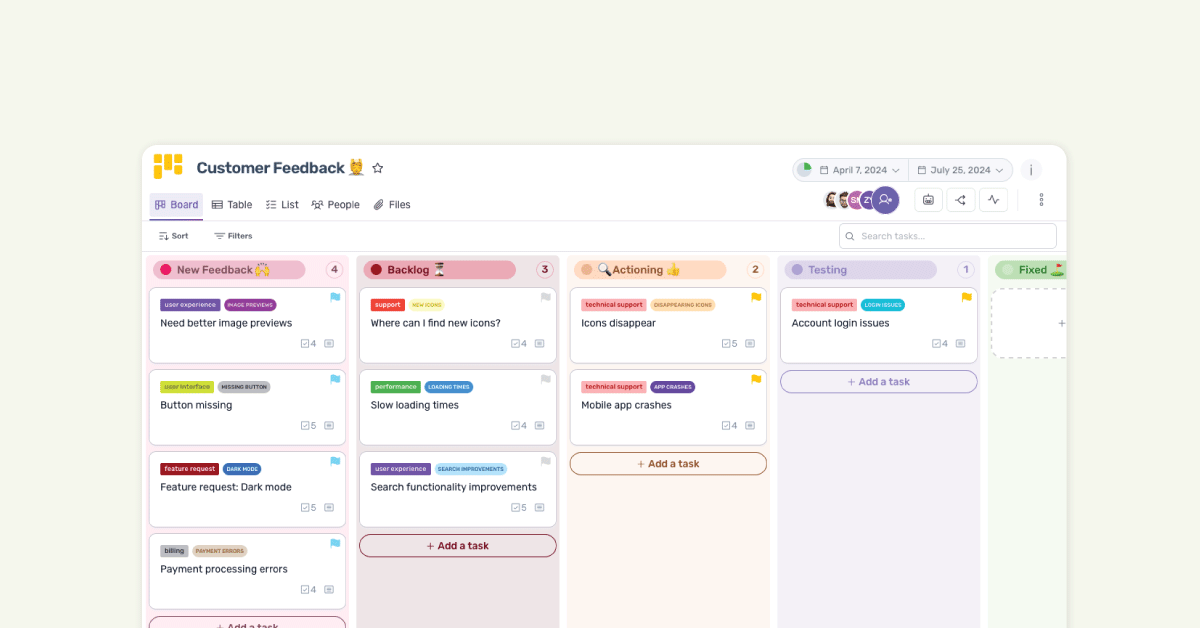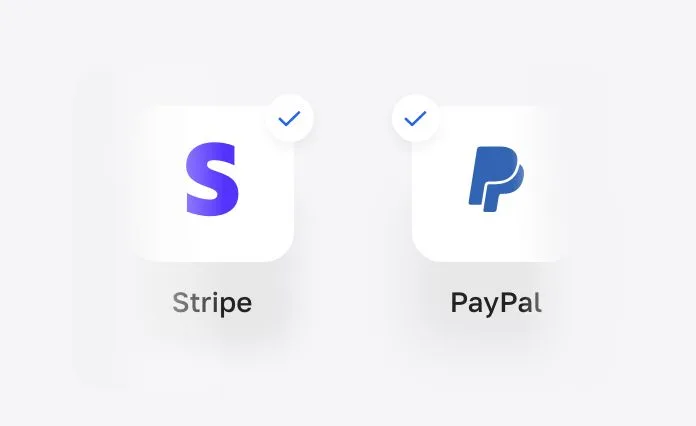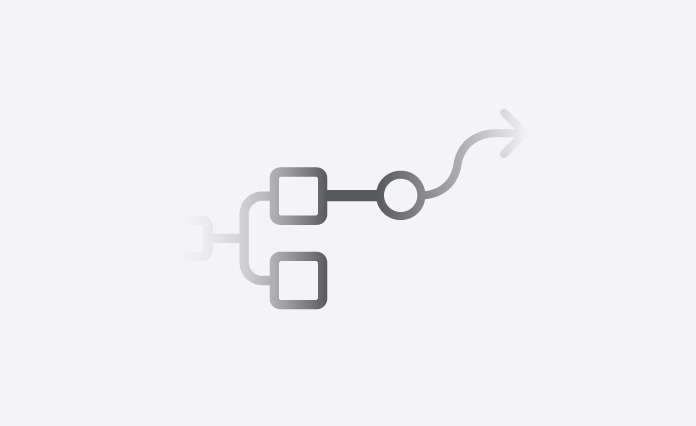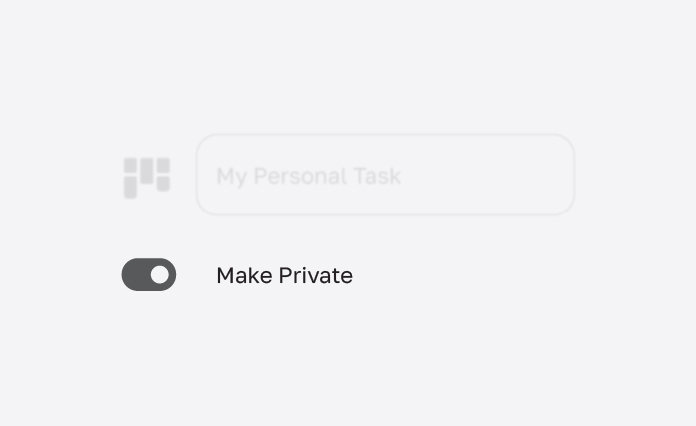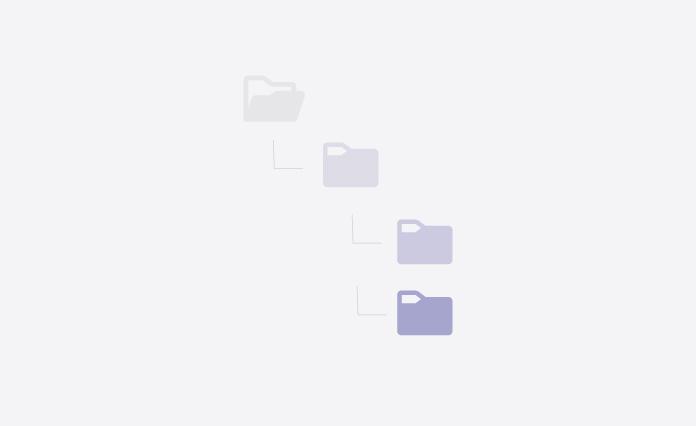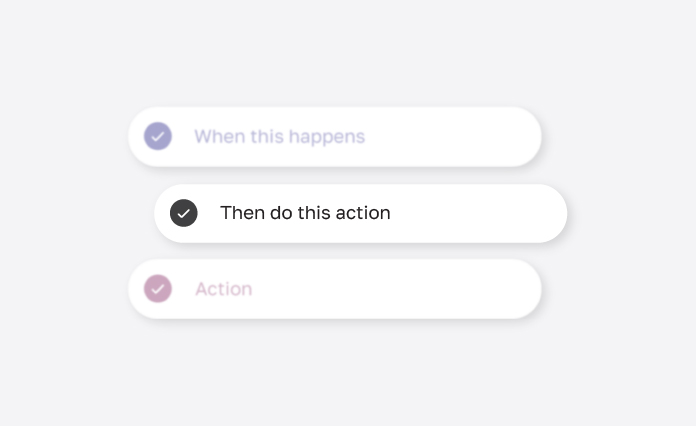Effective project management is essential for organizations to stay competitive and deliver successful outcomes. One crucial component of project management is having a robust project knowledge base, which serves as a repository for important project information, including goals, processes, and resources. To efficiently manage this knowledge base, organizations often rely on project management software. In this article, we will explore the role, features, selection, implementation, and future trends of project management software for a project knowledge base.

Understanding the Role of Project Management Software
In today’s fast-paced and competitive business environment, project management software has become an essential tool for organizations looking to stay organized, efficient, and productive. With the increasing complexity of projects and the need for seamless collaboration among team members, project management software has emerged as a game-changer in project planning and execution.
Defining Project Management Software
Project management software refers to a set of digital tools designed to help plan, organize, and execute projects efficiently. It provides project teams with a centralized platform to collaborate, track progress, and manage project-related tasks, documents, and communications. From small businesses to large enterprises, project management software caters to the diverse needs of organizations across various industries.
With its user-friendly interface and intuitive features, project management software simplifies the complexities of project management. It allows project managers to create project plans, define tasks, allocate resources, and set deadlines. Team members can easily access project information, update task statuses, and communicate with each other, fostering effective collaboration and ensuring everyone is on the same page.
Moreover, project management software offers a range of features such as Gantt charts, Kanban boards, time tracking, and document management, which enable teams to visualize project progress, identify bottlenecks, and make data-driven decisions. By centralizing project-related information and providing real-time updates, project management software enhances transparency and accountability, ensuring that projects stay on track and meet their objectives.
Importance of Project Management Software in Businesses
Project management software plays a pivotal role in businesses of all sizes across various industries. It helps streamline project workflows, improve communication and collaboration among team members, enhance project visualization, and facilitate effective decision-making. By providing real-time updates and insights, it enables teams to stay on track, meet deadlines, and deliver high-quality results.
Ability to streamline project workflows
One of the key benefits of project management software is its ability to streamline project workflows. It eliminates the need for manual tracking and coordination, reducing the chances of errors and delays. With automated task assignment and progress tracking, project management software ensures that every team member knows their responsibilities and can prioritize their work accordingly. This streamlining of workflows leads to increased efficiency and productivity, ultimately resulting in cost savings for businesses.
Centralized platform for team members to communicate

Effective communication and collaboration are crucial for project success, and project management software facilitates just that. By providing a centralized platform for team members to communicate, share files, and discuss project-related matters, it eliminates the need for lengthy email threads and scattered information. Real-time collaboration features, such as commenting and tagging, enable quick decision-making and ensure that everyone is on the same page. This improved communication and collaboration foster a sense of teamwork and synergy among team members, leading to higher project success rates.
Enhances project visualization
Furthermore, project management software enhances project visualization, allowing teams to track progress and identify potential roadblocks. Gantt charts, for example, provide a visual representation of project timelines, dependencies, and milestones. This visual representation helps project managers and team members understand the project’s overall progress and identify any bottlenecks or areas that need attention. By having a clear picture of the project’s status, teams can proactively address issues and make informed decisions to keep the project on track.
Lastly, project management software enables effective decision-making by providing real-time updates and insights. With features like dashboards and reports, project managers can easily monitor project performance, track key metrics, and identify areas for improvement. By having access to accurate and up-to-date information, project managers can make data-driven decisions, allocate resources effectively, and mitigate risks. This data-driven approach ensures that projects are executed efficiently and that the desired outcomes are achieved.
In conclusion, project management software has revolutionized the way organizations plan, execute, and manage projects. By providing a centralized platform for collaboration, task management, and project visualization, it helps teams stay organized, communicate effectively, and deliver successful outcomes. As businesses continue to face complex projects and the need for seamless teamwork, project management software will remain a vital tool in their arsenal.
Features of Project Management Software for Knowledge Base
When considering project management software for a project knowledge base, it is crucial to evaluate the specific features and functionality it offers. Here are some key features to look for:
Task Management Capabilities
An effective project management software should include robust task management capabilities. This includes the ability to create and assign tasks, set deadlines, track progress, and monitor task dependencies. With clear task allocation and visibility, team members can stay organized, prioritize work, and ensure timely completion.
Furthermore, advanced task management features such as task prioritization, task dependencies, and task templates can greatly enhance project efficiency and productivity. These features allow project managers to allocate resources effectively, identify critical path tasks, and streamline project workflows.
Collaboration Tools
Collaboration is vital for successful project outcomes. Look for project management software that enables seamless collaboration through features such as real-time messaging, file sharing, and team document editing. These tools help enhance communication, foster teamwork, and promote knowledge sharing within the project team.
In addition to basic collaboration features, consider software that offers advanced collaboration capabilities such as discussion boards, project forums, and integrated video conferencing. These features facilitate effective communication and enable remote teams to collaborate efficiently, regardless of geographical barriers.
Document Management and Storage
Centralized document management and storage are essential for maintaining a project knowledge base. The software should provide features for document version control, easy access, and secure storage. This allows team members to access relevant project documents, share information, and avoid duplication or loss of critical project data.
Moreover, advanced document management features such as document tagging, document search, and document approval workflows can significantly improve knowledge management within the project. These features enable efficient document organization, quick retrieval of information, and streamlined document review processes.
Furthermore, consider project management software that integrates with popular file storage and sharing platforms such as Google Drive or Dropbox. This integration allows seamless synchronization of project documents, ensuring that the most up-to-date information is readily available to all team members.
Choosing the Right Project Management Software
Assessing Your Business Needs

Before selecting project management software, it is essential to assess your organization’s specific needs and requirements. Consider factors such as the size and complexity of projects, number of team members, and budgetary constraints. Identify key pain points and functionalities that are critical for your project management processes. This evaluation will help you determine which software aligns best with your business objectives.
Comparing Different Software Options
Once you have identified your business needs, it is important to conduct a thorough comparison of different project management software options. Evaluate factors such as ease of use, scalability, customization options, integration capabilities with other software, and user support. Consider reading reviews, seeking recommendations, and consulting with other project management professionals to make an informed decision.
Implementing Project Management Software in Your Organization
Training and Support for Users
Introducing new software to your organization requires adequate training and support for all users. Provide comprehensive training sessions to familiarize team members with the software’s features and functionality. Additionally, ensure that there is ongoing support available to address any technical issues or questions that may arise. A well-trained and supported team will significantly enhance the software implementation process.
Monitoring and Evaluating Software Performance
Once the project management software is implemented, it is essential to monitor and evaluate its performance regularly. Set key performance indicators (KPIs) aligned with your project goals and evaluate how the software is contributing to their achievement. Collect feedback from users and incorporate it into your evaluation process. This ongoing assessment will enable you to identify areas for improvement and optimize the software’s usage within your organization.
Future Trends in Project Management Software
AI and Machine Learning in Project Management
The future of project management software lies in the integration of artificial intelligence (AI) and machine learning capabilities. These technologies can automate mundane tasks, identify patterns and trends, and assist in decision-making processes. AI-powered project management software can provide valuable insights, optimize resource allocation, and enable predictive analytics for better project planning and execution.
The Role of Cloud-Based Solutions
Cloud-based project management software is gaining popularity due to its accessibility, scalability, and cost-effectiveness. Cloud solutions allow teams to access project information from anywhere, collaborate in real-time, and leverage scalable infrastructure. Additionally, they provide automatic updates, data backup, and enhanced security features. Cloud-based project management software offers flexibility and agility, making it a prevalent choice for organizations of all sizes.
In conclusion, project management software plays a vital role in maintaining a project knowledge base and ensuring effective project execution. By understanding the features, selecting the right software, and implementing it successfully, organizations can enhance collaboration, streamline processes, and achieve successful project outcomes. Looking ahead, embracing AI and cloud-based solutions will further revolutionize project management, making it more efficient, insightful, and responsive to business needs.

